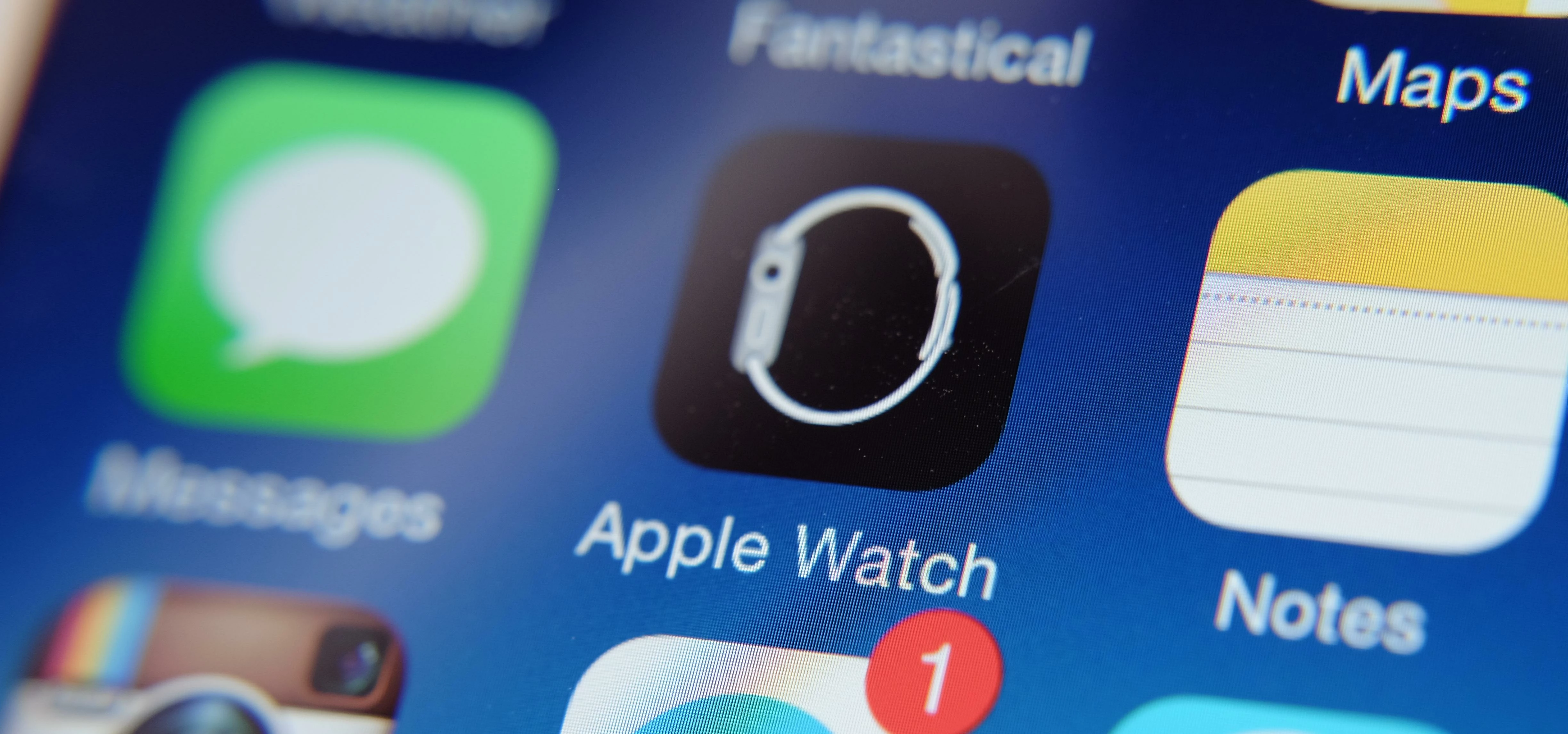
Partner Article
Keeping a Watch on mobile payments - Apple Watch
The Apple Watch might seem to some like something that’s an overpriced gadget, but I believe that, whether you personally want one or not, it is just about to transform the way we pay for goods forever. I’m not saying that Apple has the best mobile wallet technology available (although it probably has), however, what I am saying is that no matter how basic the technology in this first version is, or how expensive it is, the launch of the Apple Watch will be the tipping point for mobile payments. From this point forward mobile payments will change the world forever. The real difference is speed. Paying with the Watch will be far faster than with a credit card or cash. It eliminates the need for a PIN, signature or printed receipt. The wearer will simply tap his Apple Watch on the merchant’s POS terminal. It saves time for both consumers and merchants alike and cuts queuing time drastically. Those are two distinct advantages that will not only lead to Apple Pay’s success but also help Visa, MasterCard and American Express with the deployment of EMV and Near Field Communication (NFC) enabled POS terminals. In my view, Apple Watch will now become an accelerator for NFC and a door opener for Visa, MasterCard and American Express which have been challenged in the area of mobile payments so far by small but innovative competitors.
Although Apple Pay is initially only available in the US, I’ll be closely watching speed of adoption given there’s a distinct lack of EMV/NFC infrastructure on that side of the pond. Europe is better equipped, however, recently there have been rumours of a delayed European roll-out despite Apple having set up a dedicated Apple Pay team in the UK. The technology behind Apple Watch is as safe as it gets with mobile payments right now too. The Watch uses NFC radio technology to process payments with a POS terminal. In a single tap it transmits encrypted payment data and tokens to the POS terminal and the retailer will get an authorisation from the bank within a second or two. Apple Watch works in conjunction with an iPhone, and it’s using the same security technology that is based on proven technologies: EMV, NFC and tokenization. When a new credit or debit card is added to Apple Passbook it doesn’t store real card data but only a derived Device Account Number (DAN) on a secure element that is held separate from the operating system and no part of a backup. The DAN is a token which is unique for each device and each card. When Apple Watch processes a payment it transmits the DAN and a onetime security code to the POS terminal. When the POS terminal forwards the payment data into the payment network of Visa or MasterCard they match it to the real card data. Neither the device nor the merchant will see actual card data during this process. That reduces the risk of merchants and issuing banks, and it is a much better security level than everything we have seen before. Moreover, Apple’s promise to not track payment activities and keep them private for consumers and merchants should add more confidence than we could probably have with some of Apple’s competitors in that area.
So, as the first Watches start shipping this week, I’ll be keeping a very keen eye on the speed of consumer adoption and technology development. In my view, this product will set the pace for the next ten years in the mobile payment space.
———————————————————- Biography Ralf Gladis is CEO and co-founder of the global PSP Computop. Prior to founding Computop, Ralf developed databases and wrote books published by German IT editors. During the early years, Ralf acted as architect of the Paygate software, utilizing his technical background. Today, Ralf is responsible for international expansion and marketing.
This was posted in Bdaily's Members' News section by Ralf Gladis .
Enjoy the read? Get Bdaily delivered.
Sign up to receive our popular morning National email for free.








 Navigating the messy middle of business growth
Navigating the messy middle of business growth
 We must make it easier to hire young people
We must make it easier to hire young people
 Why community-based care is key to NHS' future
Why community-based care is key to NHS' future
 Culture, confidence and creativity in the North East
Culture, confidence and creativity in the North East
 Putting in the groundwork to boost skills
Putting in the groundwork to boost skills
 £100,000 milestone drives forward STEM work
£100,000 milestone drives forward STEM work
 Restoring confidence for the economic road ahead
Restoring confidence for the economic road ahead
 Ready to scale? Buy-and-build offers opportunity
Ready to scale? Buy-and-build offers opportunity
 When will our regional economy grow?
When will our regional economy grow?
 Creating a thriving North East construction sector
Creating a thriving North East construction sector
 Why investors are still backing the North East
Why investors are still backing the North East
 Time to stop risking Britain’s family businesses
Time to stop risking Britain’s family businesses